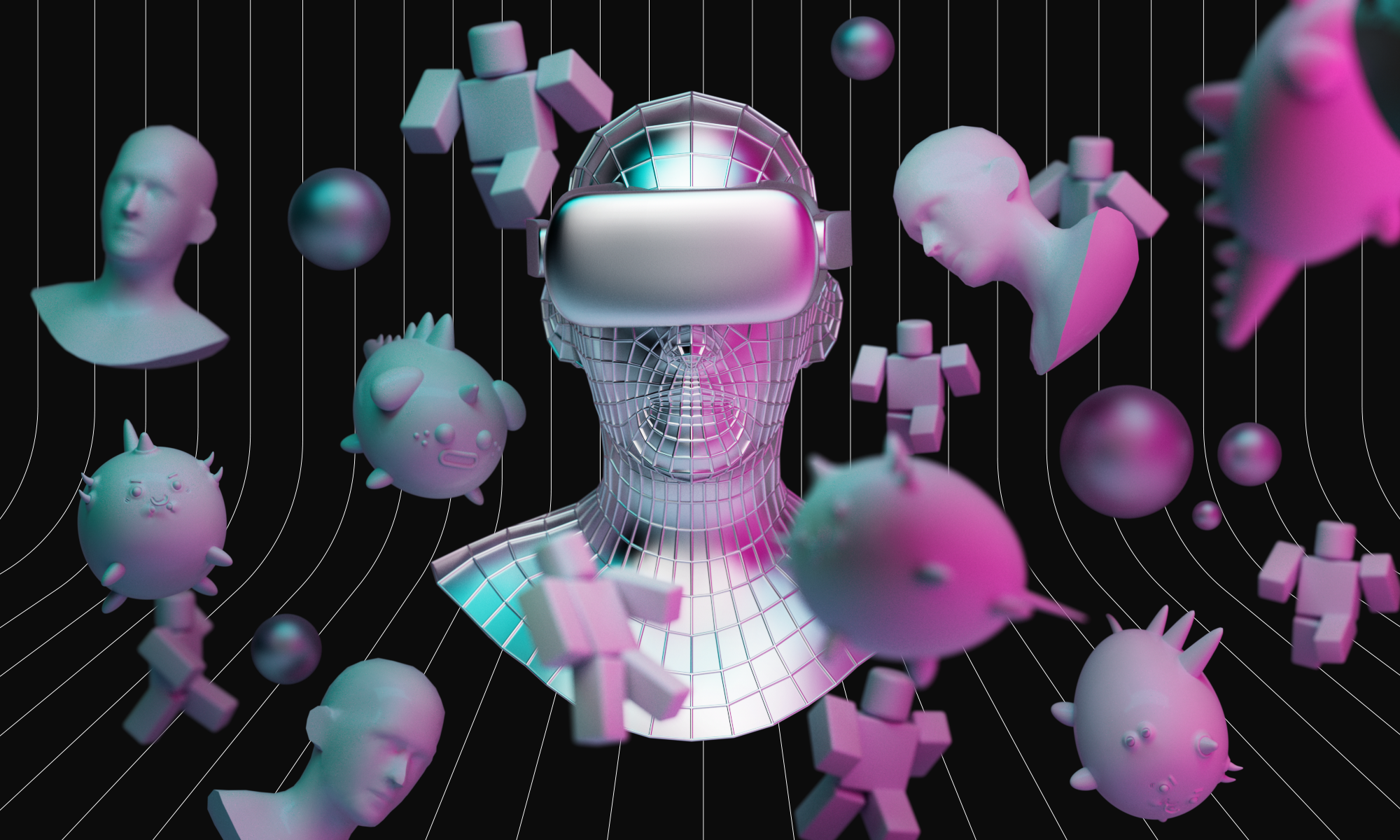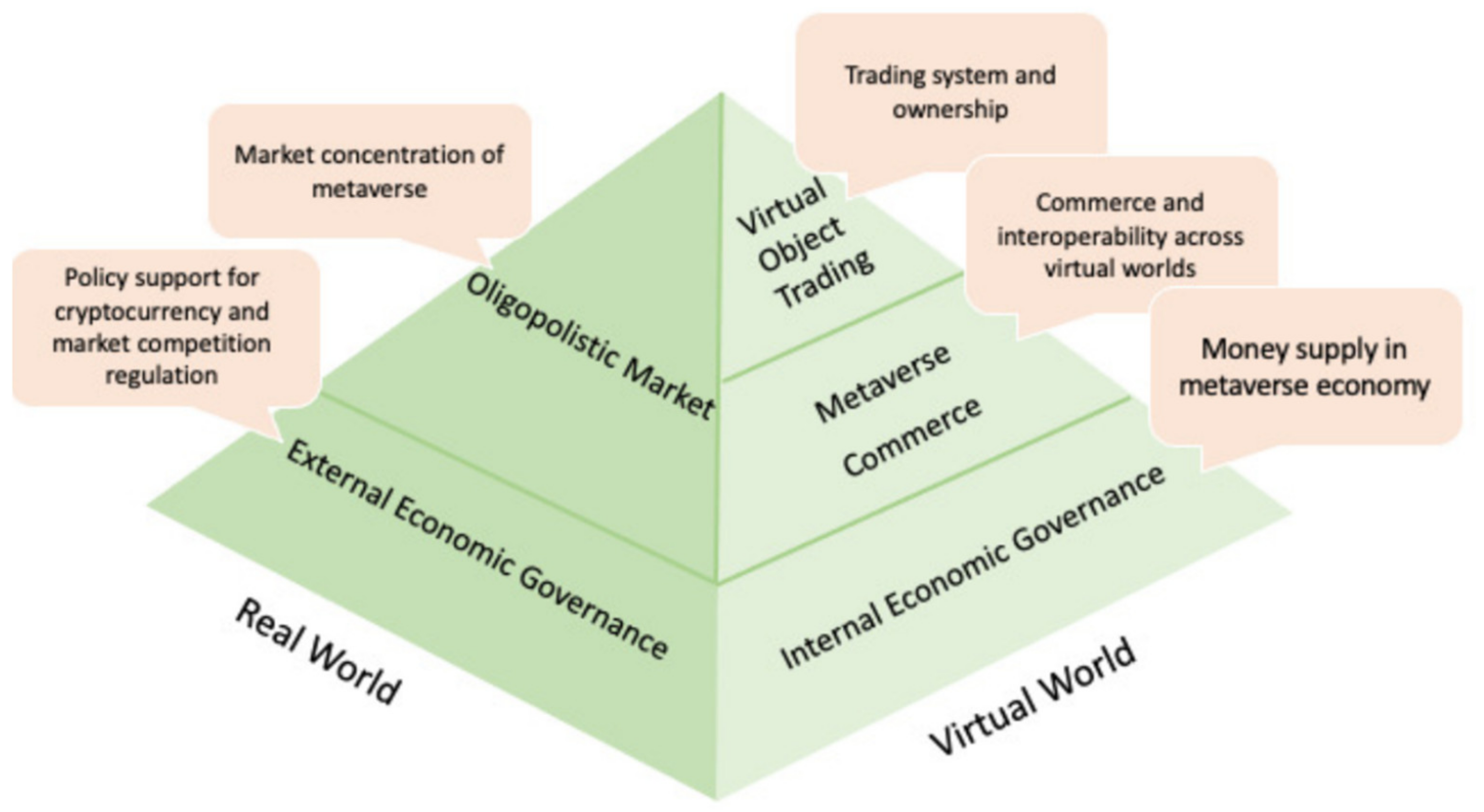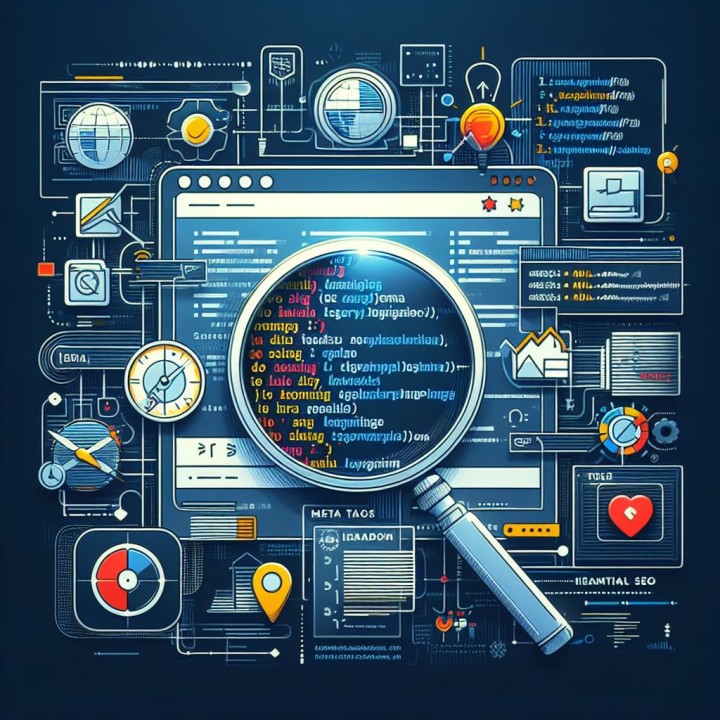Metaverse Development
The concept of the metaverse—a collective virtual shared space, created by the convergence of virtually enhanced physical reality and physically persistent virtual space—is rapidly gaining traction. At SparkScribe Technologies, we are excited about the possibilities the metaverse brings to the table. In this blog post, we will explore the companies leading the metaverse race, the technological advancements enabling the metaverse, and the social and economic implications of this burgeoning digital realm
Companies Leading the Metaverse Race
Several tech giants and innovative companies are spearheading the development of the metaverse, each contributing unique technologies and visions.
1. Meta (formerly Facebook)
Meta has made significant strides in the metaverse space, rebranding itself to reflect its commitment to building a fully immersive virtual environment. With its Oculus VR headsets and Horizon Worlds platform, Meta aims to create a vast social network where users can interact, work, and play in virtual spaces.
2. Nvidia
Nvidia is at the forefront of providing the computational power required for the metaverse. Its Omniverse platform facilitates the creation of interconnected virtual worlds for professional 3D workflows, leveraging AI and real-time ray tracing to create highly realistic simulations.
3. Epic Games
Epic Games, the creator of Fortnite, is building its version of the metaverse through the Unreal Engine, a powerful game development platform. Epic’s vision includes a shared, persistent, and immersive digital space where users can socialize, create, and monetize content.
4. Microsoft
Microsoft is integrating metaverse elements into its existing platforms like Teams and Mesh, focusing on enterprise solutions. Their approach combines augmented reality (AR) and virtual reality (VR) to enhance remote collaboration and productivity.
5. Decentraland
Decentraland is a decentralized virtual world built on blockchain technology. It allows users to purchase, develop, and trade virtual real estate (land), fostering a user-owned and governed metaverse ecosystem.
Technological Advancements Enabling the Metaverse
Creating a fully immersive and interactive metaverse requires a convergence of several cutting-edge technologies.
1. Virtual Reality (VR)
VR provides fully immersive digital environments where users can interact with 3D spaces and objects. Advances in VR headsets, like Oculus Quest 2 and HTC Vive, are making these experiences more accessible and realistic.
2. Augmented Reality (AR)
AR overlays digital information onto the physical world, enhancing the real-world experience. Devices like Microsoft HoloLens and mobile AR apps are bridging the gap between the digital and physical realms.
3. Haptic Feedback
Haptic technology enables users to feel tactile sensations in virtual environments, enhancing the sense of presence and immersion. Haptic gloves and suits allow users to touch and interact with virtual objects as if they were real.
4. Artificial Intelligence (AI)
AI plays a crucial role in the metaverse by enabling intelligent virtual assistants, realistic NPCs (non-player characters), and personalized experiences. AI algorithms also help in creating dynamic and responsive environments.
5. Blockchain Technology
Blockchain ensures the ownership and transfer of digital assets within the metaverse, enabling decentralized economies. Cryptocurrencies and NFTs (Non-Fungible Tokens) allow for secure and verifiable transactions and ownership.
Social and Economic Implications of the Metaverse
The rise of the metaverse is expected to have profound social and economic impacts, reshaping various aspects of our lives.
1. Social Interaction
The metaverse has the potential to transform social interaction by providing new ways for people to connect, socialize, and collaborate regardless of physical distance. Virtual events, social spaces, and communities can bring people together in meaningful ways.
2. Economic Opportunities
The metaverse opens up new economic opportunities through virtual real estate, digital goods, and services. Users can create, buy, and sell virtual assets, leading to the emergence of new business models and revenue streams.
3. Education and Training
The metaverse can revolutionize education and training by offering immersive and interactive learning experiences. Virtual classrooms, labs, and simulations can enhance the way we learn and acquire new skills.
4. Privacy and Security
With increased digital presence, privacy and security concerns become paramount. Ensuring secure identities, data protection, and safe environments within the metaverse is critical to its sustainable growth.
5. Cultural Impact
The metaverse can serve as a cultural melting pot, where diverse cultures and perspectives can be shared and experienced. It has the potential to foster greater understanding and collaboration across global communities.
Conclusion
The metaverse represents a new frontier in digital interaction, offering limitless possibilities for social, economic, and cultural transformation. At SparkScribe Technologies, we are dedicated to exploring and contributing to the development of this exciting digital realm. Stay tuned to our blog for more insights and updates on the metaverse and its evolving landscape.












